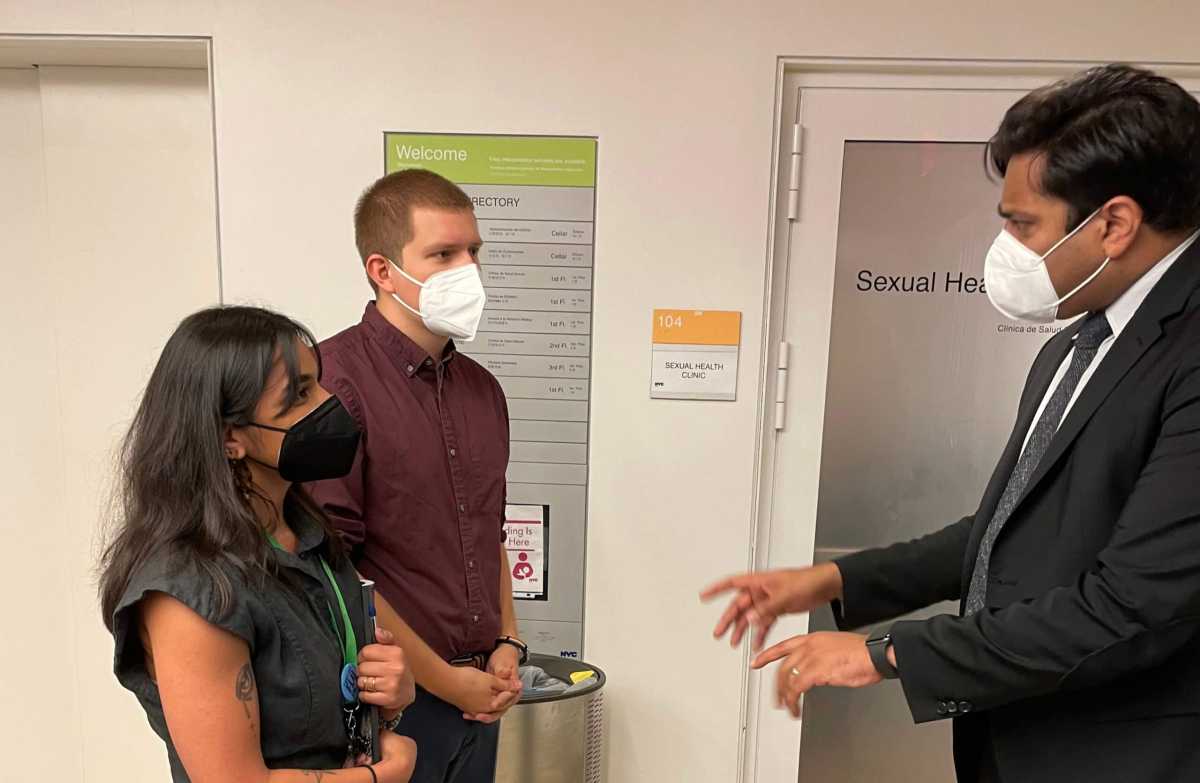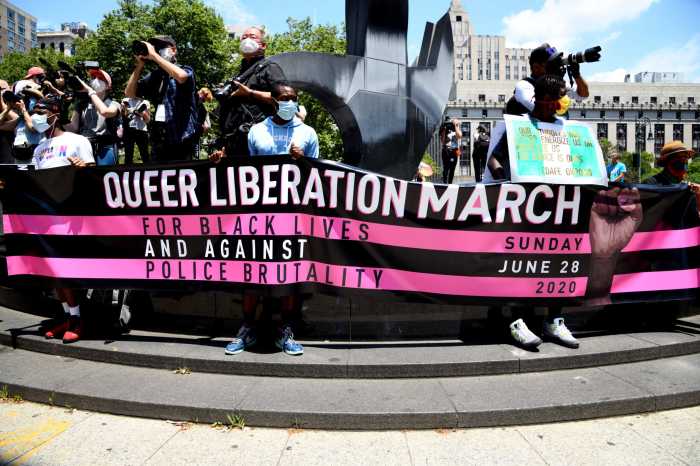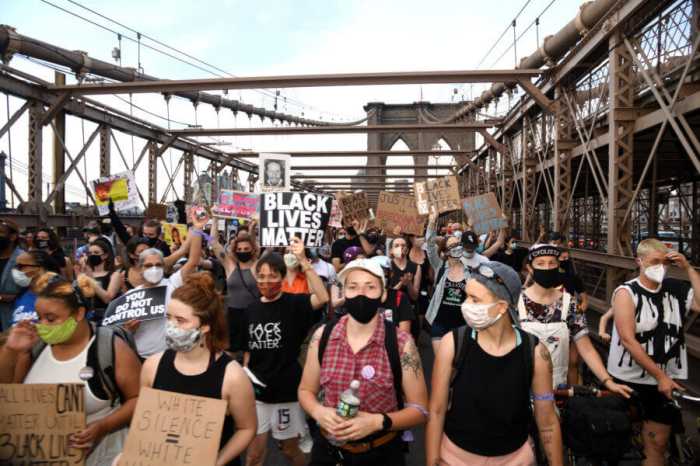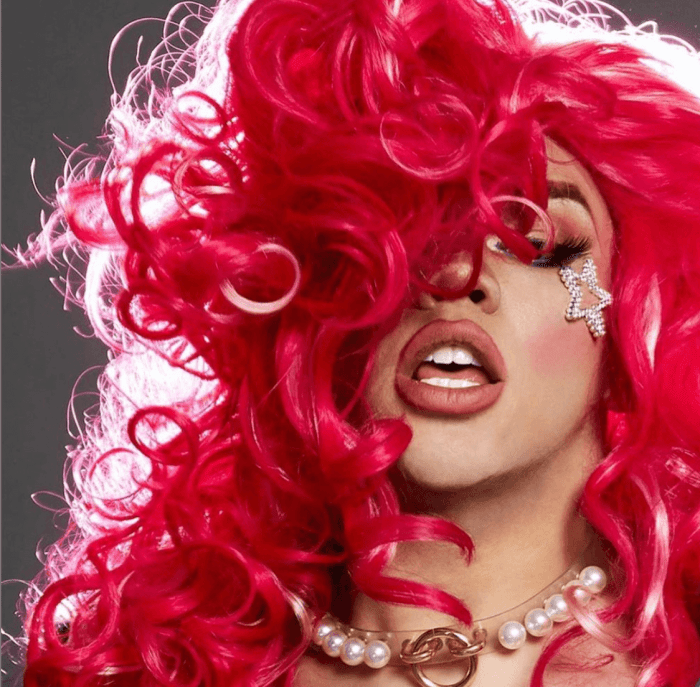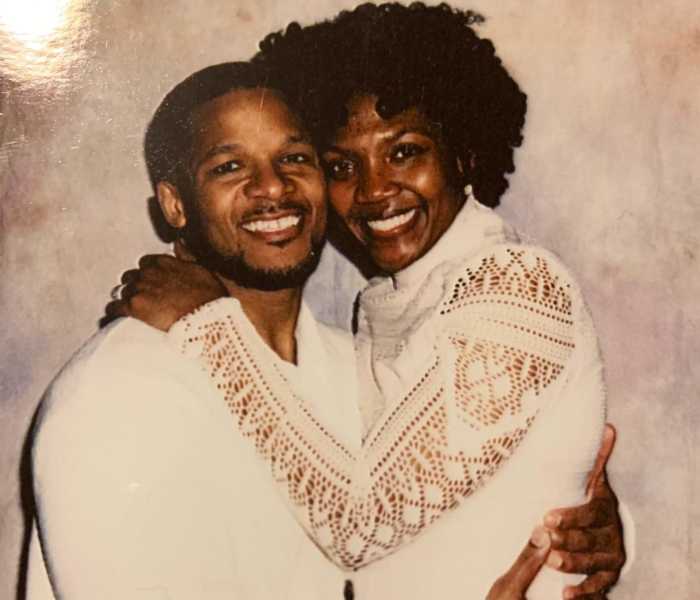After receiving just under 6,000 doses of monkeypox vaccine from the federal government, the city’s Department of Health and Mental Hygiene will open two city sexual health clinics on July 7 to gay and bisexual men, other men who have sex with men, and non-binary, transgender, and gender non-conforming people who are 18 or older and have had multiple or anonymous sex partners in the past 14 days. The latest available vaccine appointments, however, were quickly reserved on July 6 and technical difficulties affected the sign-up website.
“Providing vaccine for New Yorkers at highest risk of transmission will ensure more New Yorkers are protected against monkeypox,” Dr. Ashwin Vasan, the city’s health commissioner, said in a statement announcing the clinics. “Thank you to our federal partners for providing the necessary support we need to curb transmission and keep New Yorkers safe. The city will continue to work with the federal government to secure additional doses.”
The Chelsea Sexual Health Clinic, which is at West 28th Street and Ninth Avenue in Manhattan, and the Central Harlem Sexual Health Clinic, which is at West 136th Street and Fifth Avenue in Manhattan, began accepting appointments through the health department’s website on July 6. A third city clinic, the Corona Sexual Health Clinic, is expected to open for vaccinations later this month.
There is high demand for the vaccine and appointments. Multiple media reports said that the July 6 rollout of appointments was hampered by vendor error or some unknown glitch. One possible indication of the demand may have come late in the day when available appointments were announced by the department on Twitter at 6:11 pm, and at 6:23 pm, the department tweeted “UPDATE: There are no monkeypox vaccine appointments currently available. We will update when more appointments are available early next week.”
“A sincere apology for the technical difficulties our vendor @medrite_ experienced with today’s monkeypox vaccine appointment rollout,” Vasan said in a Twitter thread post on July 6. “We especially understand that our LGBTQ+ friends and neighbors have historically been denied affirming, supportive health care. We recognize the historical context of this response. Equity has been our north star, and we pledge it will remain that way. We especially thank community members and leaders for their partnership. Beyond tech issues, the demand for this vaccine is high and there isn’t enough vaccine supply in the US. Right now all appointments have been booked. WE will make additional appointments available early next week.”
The health department received its first 1,000 vaccine doses on June 23 and all of those doses were administered over four eight-hour days at the Chelsea clinic. On June 28, the department reported that there were 55 suspected monkeypox cases in New York City. As of July 6, there are 119 suspected monkeypox cases in the city. Most of the suspected cases have been among men who have sex with men. They have generally been mild cases and most have recovered.
On June 28, the federal Centers for Disease Control and Prevention (CDC) reported 306 confirmed monkeypox cases in 27 states and the nation’s capital. On July 6, the CDC reported 605 cases in 34 states and the nation’s capital. The federal health agency continues to say that “early data suggest that gay, bisexual, and other men who have sex with men make up a high number of cases.”
There are two vaccines for monkeypox — ACAM200 and Jynneos. Both were originally developed to prevent smallpox and only Jynneos is approved as a vaccine for monkeypox. ACAM200 is less effective against monkeypox and has more serious side effects. The city is using Jynneos exclusively. The vaccine is administered in two doses 28 days apart. Immunity to monkeypox begins roughly two weeks after the second shot.
The most symptoms of monkeypox are rashes or sores that appear seven to 14 days after exposure, but they can take as long as 21 days to appear. The virus can also cause flu-like symptoms. Recovery can take two to four weeks.

